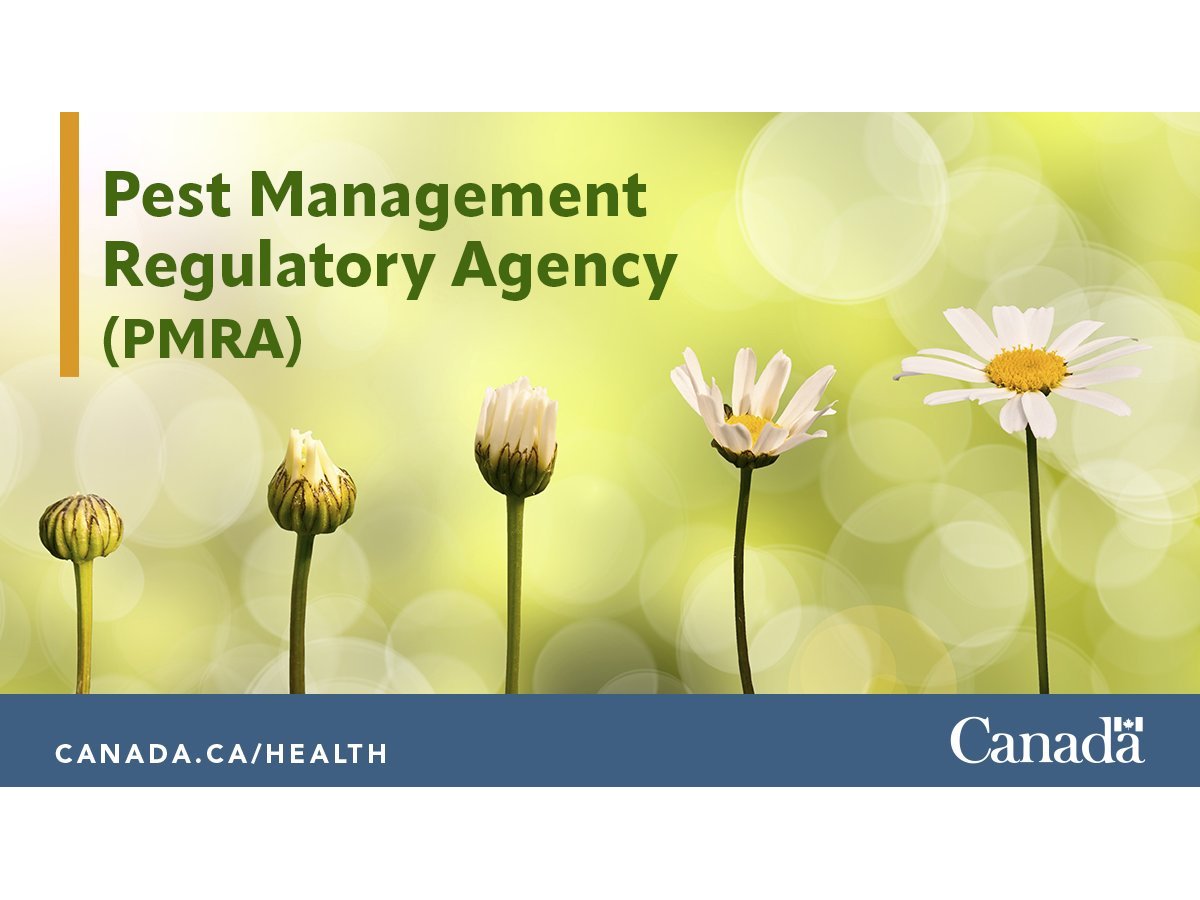Agricultural export lobbyists are accusing the federal government of being two-faced about a dairy farmer demand that World Trade Organization rules be used to create new controls on dairy substitute imports.
Dairy Farmers of Canada is demanding that Ottawa stop the increasing import of dairy ingredients and substitutes by invoking WTO Article 28 to create new tariff rates for items that carry no tariff now. DFC has sent bags of powdered milk to MPs with a plea for support.
The Canadian Agri-Food Trade Alliance and milk processors oppose the proposal, insisting it would undermine Canada’s position at WTO talks.
Read Also

Crop Life hopeful Pest Management Regulatory Agency will cut red tape
The federal budget includes a line about removing cyclical reviews of pesticides on the market. That could free up the Pest Management Regulatory Agency to focus on other tasks
Privately, say leaders of Canadian Agri-Food Trade Alliance, government ministers promise they will not take the controversial step of using rules to propose new import barriers in the midst of WTO negotiations aimed at reducing barriers.
But publicly, government ministers have repeatedly refused to say that, insisting instead they are interested in protecting supply management.
On May 5, CAFTA complained in a letter to trade minister Jim Peterson and agriculture minister Andy Mitchell about this conflicting message.
“I thank you for your private commitment to CAFTA that the government of Canada will not jeopardize our negotiating status at the WTO by changing Canada’s tariff schedule while negotiations are under way,” wrote alliance president and Ontario farmer Liam McCreery.
“However, in order to make clear Canada’s commitment to the negotiations and to liberalization, we encourage you to make public the decision that you have taken on the Article 28 proposal.”
Instead, federal ministers have been anything but clear in public.
In the House of Commons, several dairy-friendly opposition and government MPs have demanded that the government invoke Article 28.
Ministers have never said no.
“As far as our milk producers are concerned, our No. 1 priority is to ensure that supply management is protected even though it is under attack at the WTO,” Peterson told Ontario rural Liberal Don Boudria May 4.
“We have to consider whether or not measures such as Article 28 would be conducive to a good result in terms of supply management at the WTO.”
Earlier, Bloc QuŽbecois MP Pierre Paquette tried to get an answer from foreign affairs minister Pierre Pettigrew, demanding that the government create new tariffs to “truly protect supply management.”
Pettigrew was non-committal.
“We are very interested in the supply management issue,” he said. “I know (Peterson) is currently examining the situation, specific cases cited by dairy producers, and it is his intention to discuss with them in the near future the strategy to be followed in the coming days and weeks.”
McCreery said that deliberate vagueness is hurting Canada at the WTO. He said that during a recent lobby trip to Geneva by CAFTA representatives, the issue was raised by other delegations. In one case, the Canadians were “chastised” because the proposal had been made.
“By making the decision public, you will be assured that all WTO members and all Canadian industry stakeholders clearly understand the government’s intentions and your commitment to a successful and ambitious outcome to the Doha round of negotiations,” wrote the CAFTA president.














